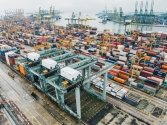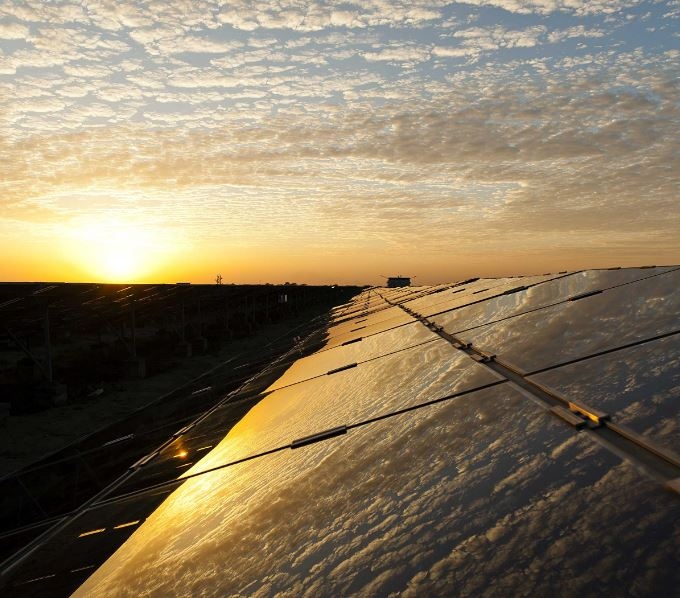
India's local solar manufacturers forced to compete with low-cost imports
They're already crying foul lack of government support.
Competing with low-cost imports, low profit margins and lack of scale are all hurting India’s solar manufacturing sector, according to Mercom Capital Group.
“The major problems plaguing the sector are a lack of scale, insufficient government support and an underdeveloped supply chain,” stated an official at Waaree Energies.
Access to financing is also a challenge. Manufacturers are citing lack of funding available to build manufacturing units. “Even if private banks are willing to lend, it is at exorbitant rates ranging from 16 to 17 percent,” stated M Thakur of Shukra Solar, a solar manufacturer.
Here's more from Mercom Capital Group:
Financing challenges struck a chord with another solar manufacturer: “You won’t find banks financing manufacturing units because it is considered risky.” Any financing that has happened so far is because of foreign direct investment, voiced another manufacturer.
Most manufacturers agree that the DCR ruling by the WTO has hurt the indigenous manufacturing sector. “The government can still make DCR a pre-requisite for government tenders for projects installed on government land or buildings,” stated another manufacturer.
Manufacturers would also like to see more investment in research and development to support new innovations that can bring down costs over the long run. “The investment in research in the sector is almost negligent compared to other countries like China,” commented another manufacturer.
The Ministry of New and Renewable Energy (MNRE) called a meeting with manufacturers that have a capacity of 500 MW or more to discuss these issues in June last year. The MNRE asked the manufacturers to build polysilicon manufacturing facilities of about 500 MW each, either in partnership with a foreign company or joining forces with Indian companies like Waaree, Vikram and Goldi Green. In return, these companies would get independent power producer rights to develop a 1,500 MW solar project at a fixed tariff by MNRE. “While the offer was made, we have not heard back from MNRE on this topic,” said a source at Vikram Solar.
Manufacturers were hoping for some kind of subsidy or incentive from the government to scale up production but were disappointed that the current budget did not provide any.
Manufacturers also want more clarity around state-sponsored incentives so they can determine which states are better and more profitable for building manufacturing units.
According to Mercom, Indian non-DCR modules typically cost about 10 percent more compared to Chinese modules. With highly competitive auctions like the one we saw in Madhya Pradesh at the REWA solar park auction, tariffs have come down below Rs.4 (~$0.059)/kWh for the first time to Rs.3.30 (~$0.049)/kWh. These tariffs are only viable with cheaper Chinese panels, posing an even bigger challenge to local manufacturers.


















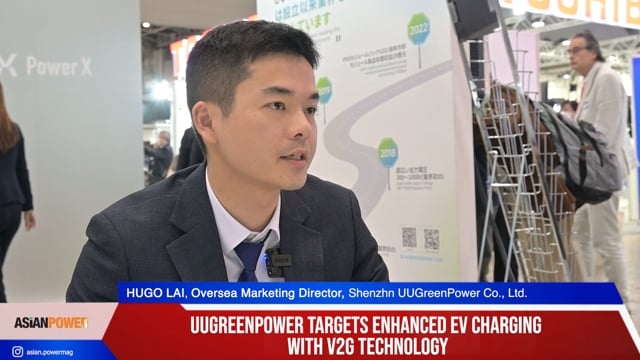

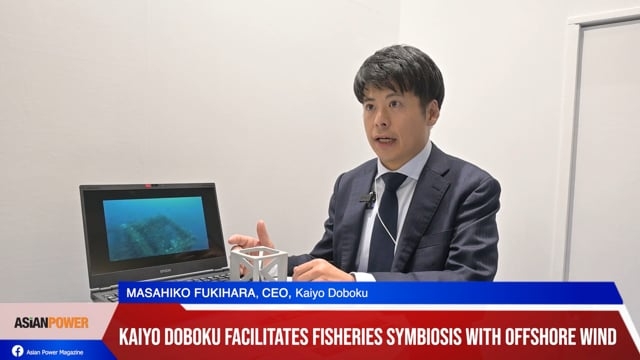
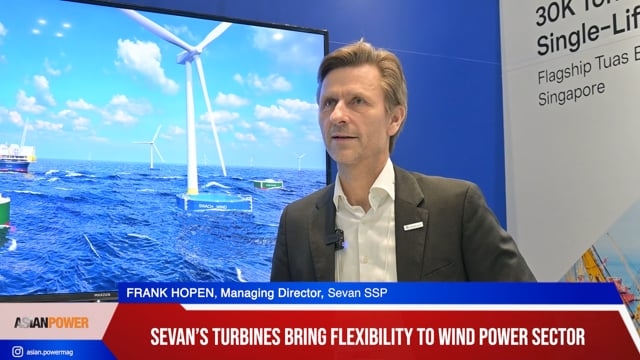

 Advertise
Advertise
